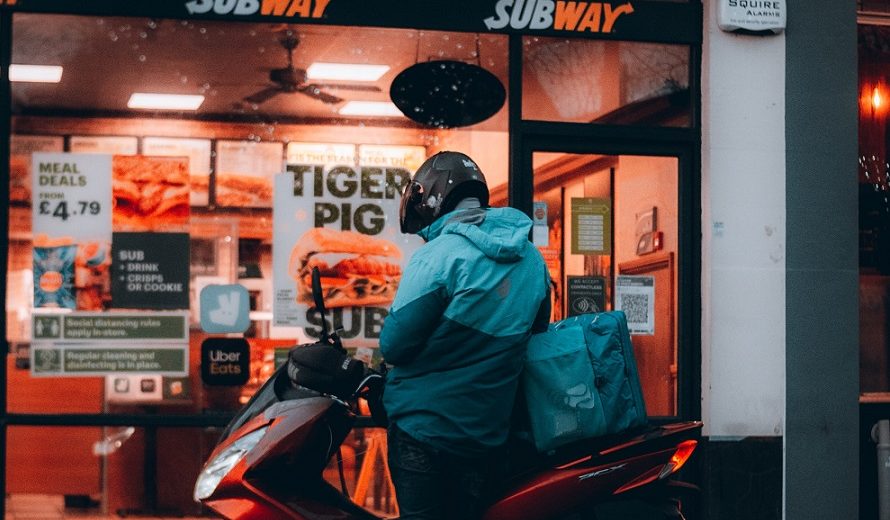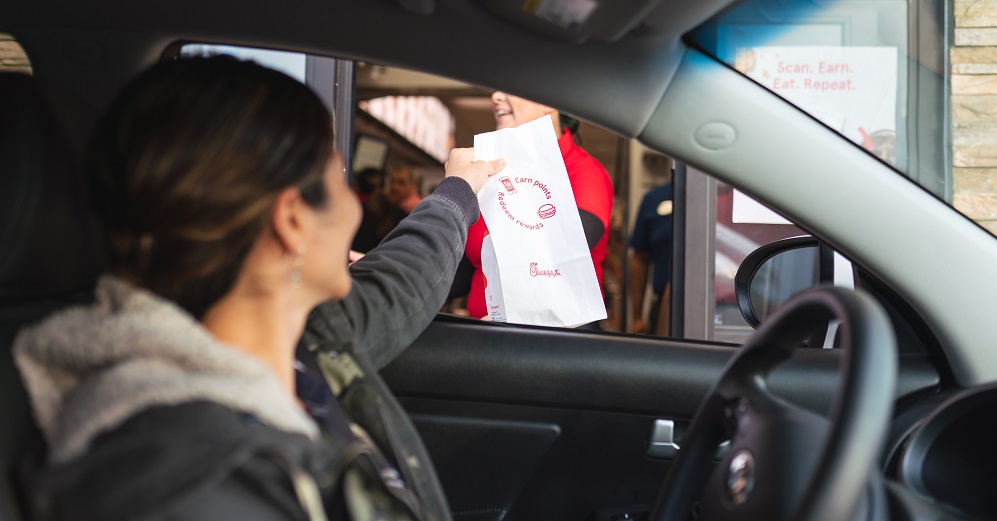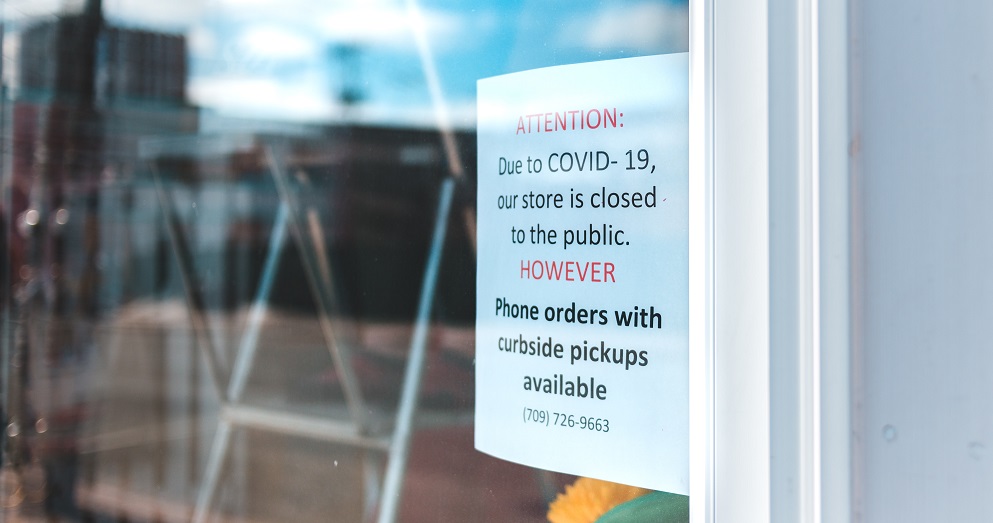Persevering Through a Pandemic: How Some Companies Profitted During a Global Health Crisis

During the last year, it is not uncommon to see stores, companies, and franchises closing their doors for good. The trials and tribulations of COVID-19 are far from over, and, likely, the world has not seen the last of the pandemic’s business casualties.
However, despite the somewhat dire news for some businesses and industries, many others are not only profiting during these difficult times but thriving. How is it that one business falters and another succeeds in the midst of the same challenges, and why can’t all companies find a way to make it through and hang on?
Shifting Focus and Perspective
When comparing businesses, it is vital to avoid generalizations. While two companies might seem similar on paper, the products they sell or the processes they use can be quite different. For example, if you have two restaurants, one a fast dining and the other formal, they operate within the food industry. However, the fast dining restaurant focuses on convenience, and the formal restaurant excels in the experience.
The fast dining restaurant has a built-in drive-thru and online ordering system, especially being one franchise in a larger chain. The formal restaurant is a one-off and does not have the digital presence of its fast-food counterparts, meaning it struggles more during the quarantines and closures of the pandemic, leading to bankruptcy and closed doors.

Capitalizing on Unique Positions
During the pandemic, consumers switched to online purchases, relying heavily on the digital marketplace. Many companies were not ready for such a drastic shift and had inadequate means for delivery and operations necessary for online systems and platforms. Because of this shift in consumer interests, businesses with an established online presence overwhelmingly succeeded, leaving brick-and-mortar businesses to struggle in the wake of their success.
Like Amazon, Walmart, and several others, these companies that already had existing platforms capitalized on their positions by pushing delivery deals and new programs. Amazon and Walmart focused heavily on local grocery delivery, especially in the early days of the pandemic, allowing them to dominate the market over other less known brands.
[insert page='Offer' display='content']
Reducing Overhead Costs
Not all companies refocused or capitalized on their processes. Some focused on cutting overhead costs, and not strictly as it relates to the workforce. Avis Budget Group, a competitor of Hertz, noted a shift in the demand for rental cars and the need in the market for affordable used cars. To help combat its losses, the company decided to sell 75,000 of its inventory, taking advantage of the growing demand for quality used cars. While the tactic might not be enough to salvage another year, it was enough to provide a $45 million profit in the third quarter, which is modest but fair considering the current market.

Reinventing Processes
Survival is about adapting to change. Some companies can do that easier than others. The businesses that have seen the most success through the pandemic had an existing infrastructure to take advantage of the swift and overwhelming change, or the ability to change course, altering the way they conduct business drastically. Unfortunately, not all businesses have the ability to change course, monetarily or procedurally.
What is one business you were sad to see go this year, or one that you were surprised has kept its doors open? Leave a comment below and keep the conversation going.

